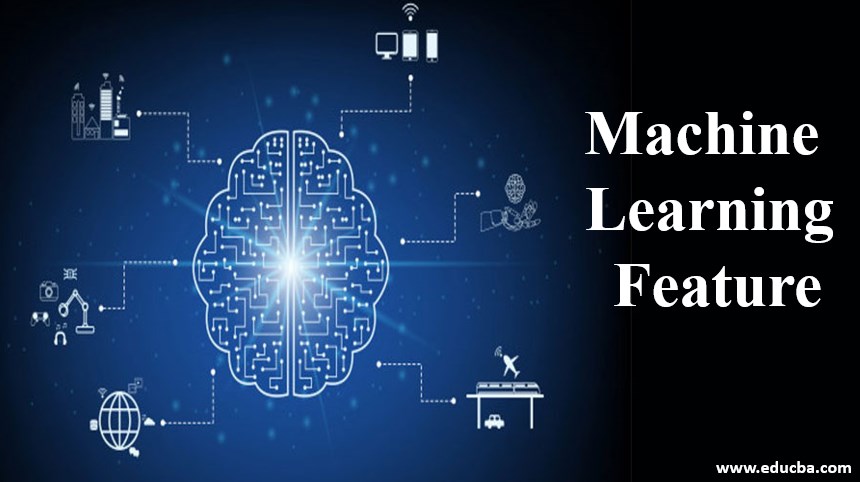Machine learning exhibits several key characteristics that distinguish it from traditional programming approaches. These characteristics highlight the flexibility, adaptability, and learning capability of machine learning algorithms. Here are some of the main characteristics:
-
Data Dependency:
- Machine learning heavily relies on data. The quality, quantity, and relevance of the data significantly impact the performance of the algorithms.
-
Adaptability:
- Machine learning algorithms can adapt and improve their performance over time as they are exposed to more data. They can adjust their internal parameters to better fit the patterns present in the data.
-
Generalization:
- A well-trained machine learning model can generalize its learned patterns to new, unseen data. This ability to make accurate predictions on previously unseen instances is a crucial characteristic of machine learning.
-
Automation:
- Machine learning automates the process of building predictive models. Once trained, these models can make predictions or decisions without explicit programming for each individual case.
-
Nonlinearity:
- Machine learning models can capture nonlinear relationships between features and outcomes. This flexibility allows them to handle complex data patterns that may not be linearly separable.
-
Scalability:
- Machine learning algorithms can scale to large datasets and complex problems. With advancements in computational resources and algorithmic techniques, machine learning can handle increasingly large and diverse datasets.
-
Iterative Improvement:
- Machine learning involves an iterative process of training, evaluation, and refinement. Models are continuously updated and improved based on feedback from the data and evaluation metrics.
-
Probabilistic Framework:
- Many machine learning algorithms operate within a probabilistic framework, providing not only predictions but also measures of uncertainty. This probabilistic reasoning is valuable in decision-making processes.
-
Feature Engineering:
- Machine learning often involves feature engineering, where relevant features are extracted or transformed from raw data to enhance the algorithm's performance. Feature engineering is a critical aspect of building effective machine learning models.
-
Interpretability vs. Complexity Trade-off:
- Machine learning models vary in complexity, ranging from simple linear models to complex neural networks. There's often a trade-off between model interpretability and predictive performance, where simpler models may be easier to interpret but may sacrifice some predictive power compared to more complex models.
-
Continuous Learning:
- Machine learning models can be designed to continuously learn and adapt to changing data distributions or environments. This characteristic is particularly relevant in dynamic and evolving systems.
Understanding these characteristics is crucial for effectively applying machine learning techniques to real-world problems and leveraging their capabilities to extract insights and make informed decisions from data.
Thank you,

